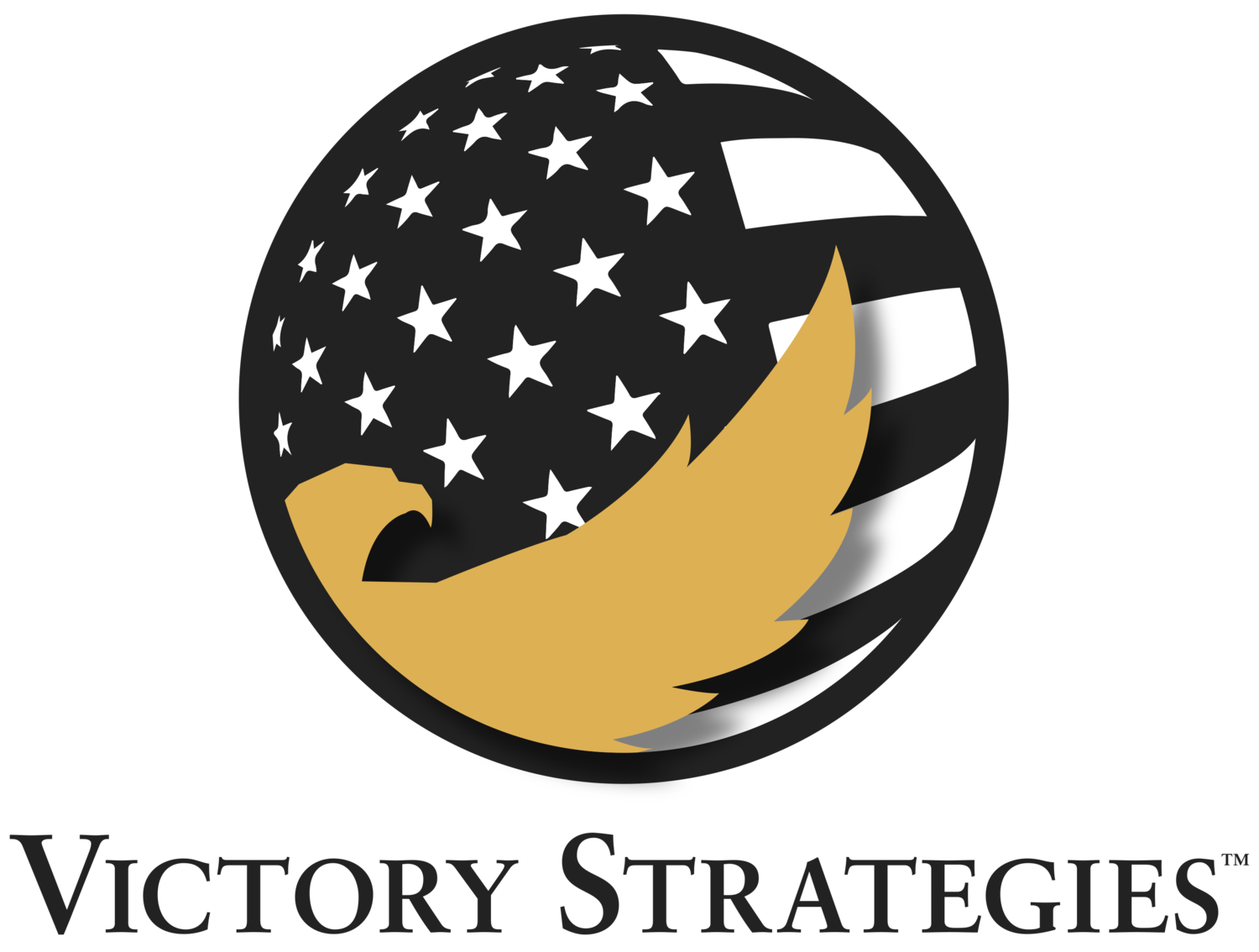Change happens every day, some of it is as easy as buying a different toothpaste, driving a new route to the store or a friend’s house, etc.… We don’t even realize we are experiencing change, but we handle it relatively well. We accept those small changes because it does not alter our daily activities, mental state, relationships, or outcomes. Nonetheless that’s change in its simplest terms.
Its when we deal with the big changes where we trip ourselves up. In the corporate world all of us have experienced more organizational changes than we can even count. New leaders have come and gone all the while changing the team’s makeup, roles, activities, and focus; leaving us to wonder what it all means. Many times, it doesn’t deeply affect our day to day actions, but our stress levels rise, and fear and speculation start to take ahold.
Why do our stress levels rise? The fear of the unknown… We focus on “am I going to lose my job?” “are my colleagues going to still be here”, “will I have a new job”, “I don’t even understand why this happening”, “why cant they tell us more”, “if I were running this… I would...”. All rational thoughts during a moment or moments in time.
This is the point in time where true leaders step up. They commit to having a solid strategic plan, a strong and an experienced/diversified change team leading the way. They always make sure their communication team is there at every step of the way. It can’t be said enough that without communication, even the best laid plans will fail. People don’t have to like the change, but they do need to understand and accept it.
This is where communication can stall or help the change initiative become successful. On a personal note I have encountered many bad attempts at change, but I want to share a rather successful change.
Back during the last decade, the company I worked for was on track financially for a strong year. But then one event, a huge loss, sent the years financials into disarray. It was the talk around the office, the gym and the cafeteria. There were positive people that said, “hey we still have 4 more months to turn this around”, others much more negative and speculated on what this meant to year end compensation. The leaders could not speculate at that time since there was still one more quarter to go.
Fast forward to December and year compensation planning. As was always the case during this time of year, the Compensation Team and the HR Business Partners would meet on a Saturday to look at incentive models and what they meant for our internal businesses and clients. As we sat around the table, the Head of HR and the CFO entered the room. Together they delivered the news, incentives would be down significantly, and I mean significantly, enough to change peoples lives. They laid out the why, showed us the data and the plan to roll out to managers and employees. We were then asked to leave the room and let this sink in. Some of us gathered together, others went for a walk, others sat alone thinking about their personal concerns. After an hour we were brought back in the room to ask any questions we had. Letting us talk this through was a huge help in accepting this enormous change. Once this was done, we were ready to get back to work helping our clients.
The next phase was to inform managers and employees. All communication was honest, raw, transparent and real. Leaders didn’t shy away from the tough questions, they answered them and if they didn’t know the answer, they found it and got back to their employees. Was this decision liked, no, not all. But there was acceptance because a spirit of communication, honesty and transparency were the cornerstones.
Communication is your success factor with any change. As a leader, be honest, tell what you know and even what you don’t know. Employees can accept change, as long as you do 3 things…. COMMUNICATE, COMMUNICATE and COMMUNICATE.
Authored by: Mitch Douglass, Managing Director
